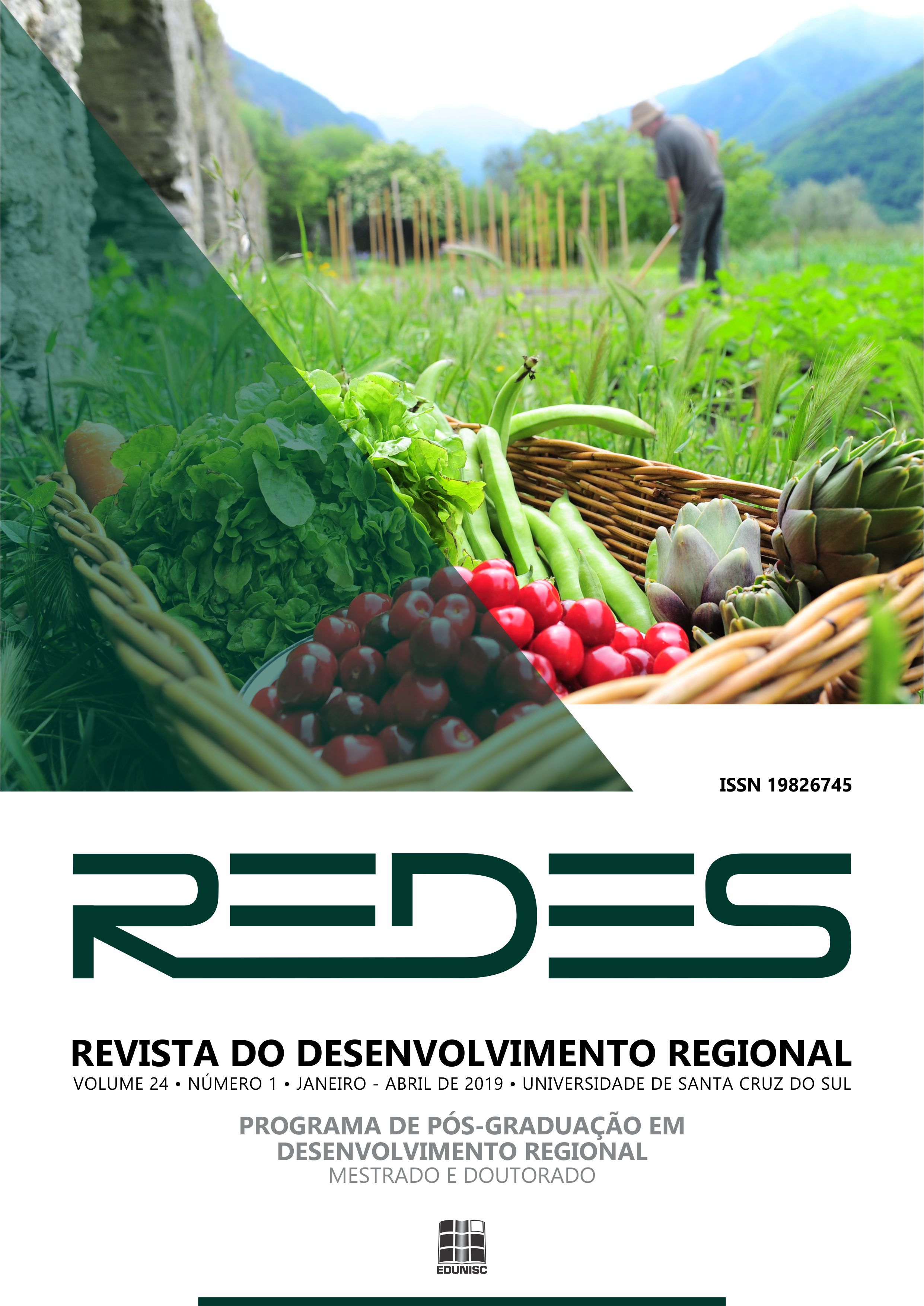Bolsa Família Program and Schooling: A Panel Data Approach
DOI:
https://doi.org/10.17058/redes.v24i1.11692Keywords:
Public policies. Education. Bolsa Família Program.Abstract
This article aims at evaluating, and in what way, the Bolsa Família Program (PBF) contributed to improving the indicators of early childhood education and basic education in the Brazilian States. With the estimation of regression models with data in Panel for period from 2005 to 2014 it is expected to verify if the resources of the PBF were able to influence the behavior of the educational indicators in Brazilian units. Therefore, it is intended enhance the impact of the PBF in promoting a more inclusive and better quality education. To awaken states to the need to create mechanisms that favor the effectiveness of social policies carried out by the Federal Government. The results of this article reveal that the education situation is improving in Brazil as a whole. But in some states this occurs slowly and it turns out that it takes several years to reach a less unequal situation in education between the Federative Units.Downloads
Downloads
Published
2019-01-03
How to Cite
Lima, P. V. P. S., & Vasconcelos, J. C. (2019). Bolsa Família Program and Schooling: A Panel Data Approach. Redes , 24(1), 335-355. https://doi.org/10.17058/redes.v24i1.11692
Issue
Section
Articles



